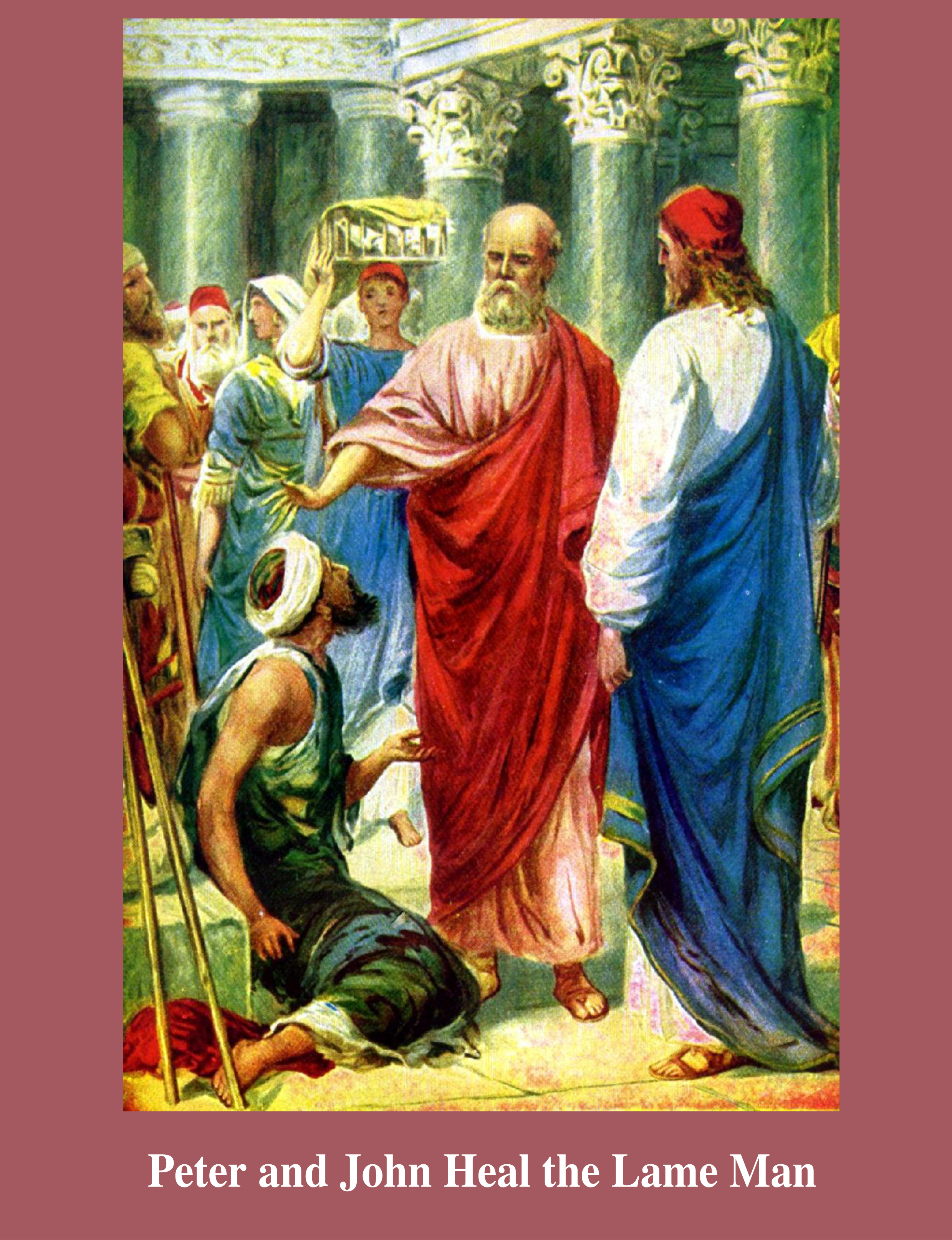
The Bible doesn’t gloss over the imperfections of its characters to enhance its spiritual tone.

You can tell these are real Christians struggling with real limitations, just as we are. One thing you have to love about Galatians 2 is its “verisimilitude,” its truthlikeness. ( Proverbs 27:17 says as much: “Iron sharpens iron, and one man sharpens another.”) It’s not always black and white, and often each disputant could use a little rebuke and clarification.

(As a young pastor, I photocopied a quote and put it in my study desk – something along the lines of “Don’t attribute to malice what can be explained in terms of ignorance.”) In fact, a measure of confusion and sub-Christian moodiness can be at play in all the parties concerned. And despite their advance in wisdom and knowledge, they’re often just confused. Along with their gains in beneficence, courage, and winsomeness, they have episodes of selfishness, cowardice, and petulance. All Christians are spiritual works-in-progress they’re being sanctified right along, but none is perfect, and most are far from it. I thought they all just sang “Kumbaya” and worked by glad consensus at every point.ĭiscord is inevitable when finite, fallen creatures join together in larger tasks. I remember my own shock in seminary when I discovered that missionaries disagreed almost vehemently over strategy, some favoring long-term work from fixed residential, medical, and educational compounds, others insisting that personnel travel light, ever ready to shift from one region to another as circumstances suggested. Though he’d been stung by the criticism, he’d been able to “rejoice with truth” in love ( 1 Corinthians 13:6) instead of nursing a life-long grudge, which would have hindered his own spiritual development, as well as the witness of the church.Īnyone who’s been around the church for a while recognizes this sort of clash between admirable believers. And Peter knew that Paul had truth on his side – so much so that in one of his own letters, he commended Paul’s writing as “scripture” ( 2 Peter 3:15-16). Yet Christianity is not all about feelings, but also and necessarily about truth. Certainly, hurt feelings have wrecked many a relationship. You might think that after such an embarrassing showdown, the two apostles would have had a parting of the ways. His rebuke and doctrinal lecture make for great gospel reading. Paul spotted his craven behavior and let him have it in front of these judgmental visitors. But when these “legalists,” these Old Testament Law police, showed up, he caved in and pulled away from the Gentiles. Before they arrived, he was eating happily with uncircumcised non-Jews in the local fellowship. He was doing just fine with the brothers in Antioch – until, that is, some Jewish church members came up from Jerusalem. In the fire of Paul’s righteous indignation, Peter got scorched. If there’s any doubt over how upset Paul was at this heresy, one should read verse 5:12, where he says, “I wish those who unsettle you would emasculate themselves!” In other words, as long as they have the knife out, why stop with circumcision? They could be even more “holy” if they kept on cutting. They were piling on superfluities, making salvation a matter of performance instead of a gift of mercy and grace on the basis of faith alone. Paul was livid at this perversion of the gospel. This meant, for instance, that men had to be circumcised and that no one could eat pork. We see it unfold in Galatians 2:11-19, where Paul rebukes his fellow apostle for caving in to the prejudice of a group who said that people from all ethnic backgrounds had to satisfy the Jewish ritual law before they could become proper Christians. ‘Fought’ is an awfully strong word, but these two did have a sharp encounter.


 0 kommentar(er)
0 kommentar(er)
